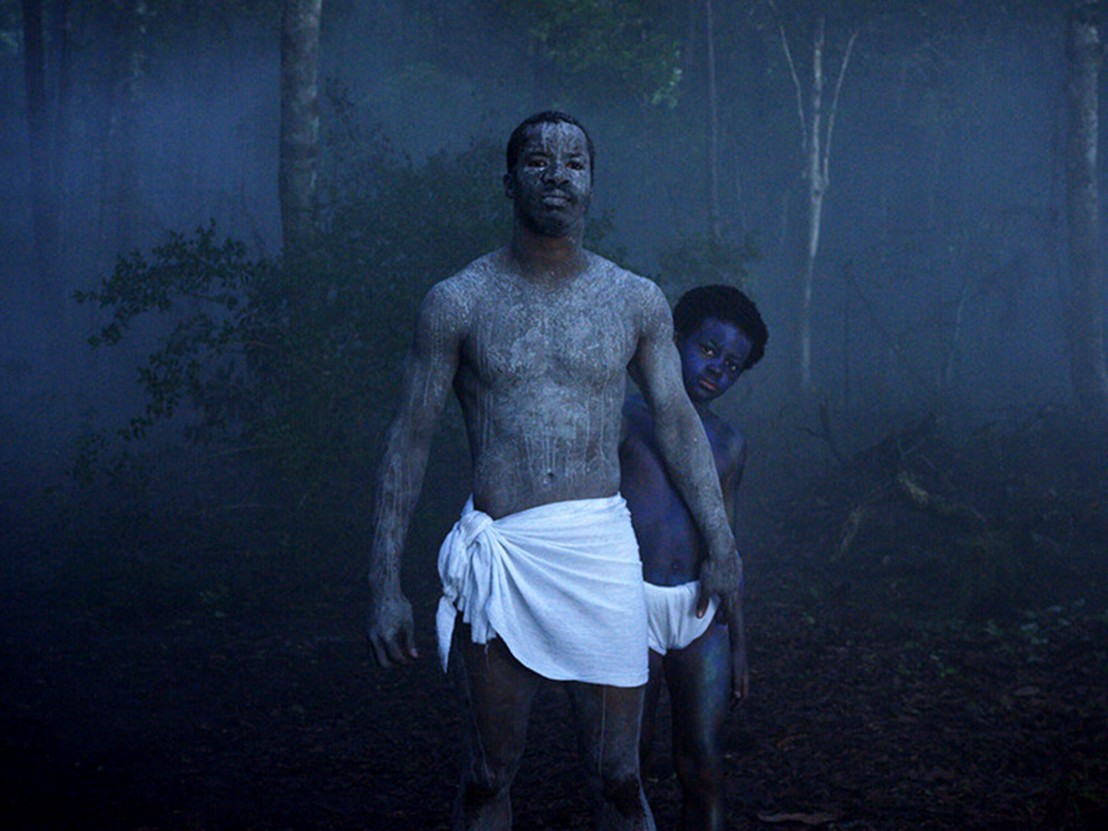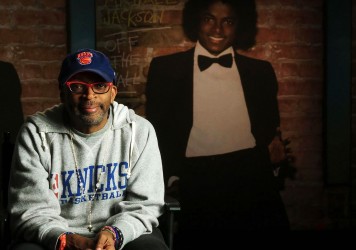
The buzz film from this year’s Sundance is a stirring, historical tale of racial injustice that feels more vital now than ever.
Given the public outrage that greeted this year’s Academy Awards nominations – swiftly dubbed #OscarsSoWhite on social media – it seems inevitable that Nate Parker’s labour-of-love period drama would gain some traction upon premiering at Sundance. But even the actor-turned-writer/director could not have foreseen the extent to which Hollywood would attempt to cover its tracks. Netflix reportedly offered up $20m after seeing it. An understandably delighted Parker opted instead for a still recording-breaking fee of $17.5m from Fox Searchlight, so that the message of his fact-based film might reach a wider audience.
To be clear, The Birth of a Nation is a thoroughly commercial proposition on screen, its violence offset, to some extent, by an air of mawkishness, sometimes bordering on twee. In lesser hands, the tone of the piece would have been its undoing. But Parker – who quit acting in 2013 to complete this handsomely shot feature – is clearly aware of the balance required to entice mainstream audiences. There are some toe-curling moments of torture, but we are spared the gratuitous images of the sexual violence that takes place off camera. An intimate nude scene between the film’s hero, Nat Turner (played by Parker, on blistering form), and his newlywed wife (Aja Naomi King) is beautifully realised (Parker’s DoP is Elliott Davis, of Out of Sight and Twilight fame). Even the mass hangings that follow Turner’s 48-hour slave rebellion of 1831 are tastefully presented. Better still, Turner’s (and Parker’s) fired-up spirit shines brightly and defiantly throughout.
What sets The Birth of a Nation apart from its most obvious and recent cousin, 12 Years a Slave, isn’t its visual imagery, though (Steve McQueen’s film is cinematically superior, no doubt owing to a far bigger budget), but its remarkably contemporary feel. That is, once again, down to Parker and his extraordinary performance – at once tender and loving and, when duty calls, resolute and fearless. While preaching the gospel to other slaves, in an effort from white landowners to quell discontent (his white master, played by Armie Hammer, collects the fees), Parker’s switch from obedient servant to inspired, empowered speaker is electrifying. The bloody uprising that follows is riveting and gut-wrenching in its intensity, no matter how familiar some of the sequences may feel in their execution. A number of sparingly used dream sequences add an air of mystique that begs to be explored and expanded, should a grander cut emerge in the months ahead.
Best of all, Parker apparently chose the title of his film as a wholesale rebuke to DW Griffiths’ silent film from 1915, which traced the rise of the Ku Klux Klan. At a time when so few stories about – or featuring – African-Americans are made, Parker’s resolve with the project (made without studio backing) should act as a clarion call to independent filmmakers everywhere. He may well make more sophisticated-looking films in the future, with a more sizeable budget at his disposal, but this will stand tall as a career-defining moment, and a towering achievement of the spirit of storytelling and performance.
The one downside to the film’s buzz here is that the studio that snapped it up has already indicated that this will be the only African-American-focused feature it will release this year. If that does indeed prove to be the case, Parker’s outrage and resolute determination to try and shift the status quo will be more warranted than ever. This is an exceptional, life-changing moment for the 36-year-old – and one, we hope, that stirs a sea-change in the industry at large.
Published 30 Jan 2016

By Ashley Clark
The news that Joseph Fiennes, a white British actor, will play the King of Pop is as perplexing as it is insulting.

By Ed Gibbs
Spike Lee’s follow-up to Bad 25 shines a light on the King of Pop’s indisputable talents, but is otherwise alarmingly lightweight.

By Ed Frankl
Viggo Mortensen stars as a doting forest-dwelling father in this impressive debut from writer/director Matt Ross.